
Da Wei, Director of Center for International Strategy and Security; Professor at Tsinghua University
Nov 27, 2019
The more China and the US are coupled, the more insecure they feel. Some sort of split seems inevitable.
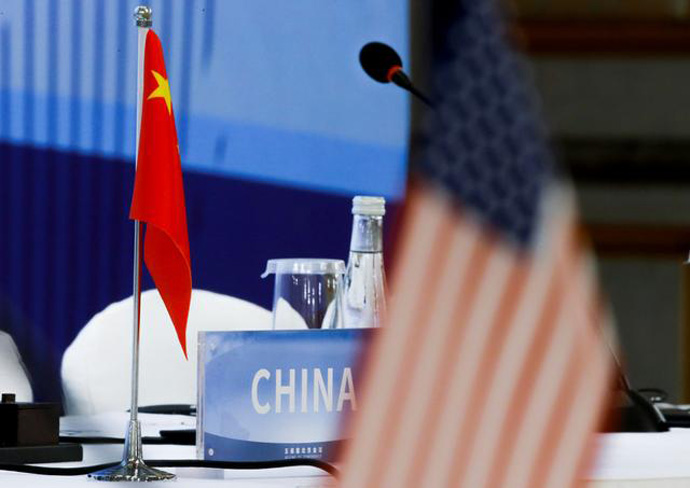
Zhang Baijia, Former Deputy Director of the Party History Research Center, CPC Central Committee
Nov 22, 2019
Some wrestling may be needed before they can seriously look at decoupling.
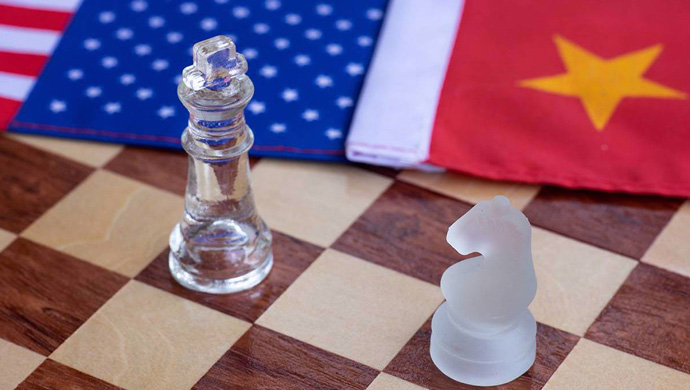
Zhang Tuosheng, Principal Researcher at Grandview Institution, and Academic Committee Member of Center for International Security and Strategy at Tsinghua University
Nov 22, 2019
War often begins with security frictions. Taiwan and the South China Sea are powder kegs.

Shang-Jin Wei, Professor, Finance and Economics at Columbia University
Nov 20, 2019
Although many societies aspire to provide equal opportunities for everyone, that is easier said than done. People born into different economic and social statuses have unequal educational or financial starting points. This often leads to very different career and life opportunities.
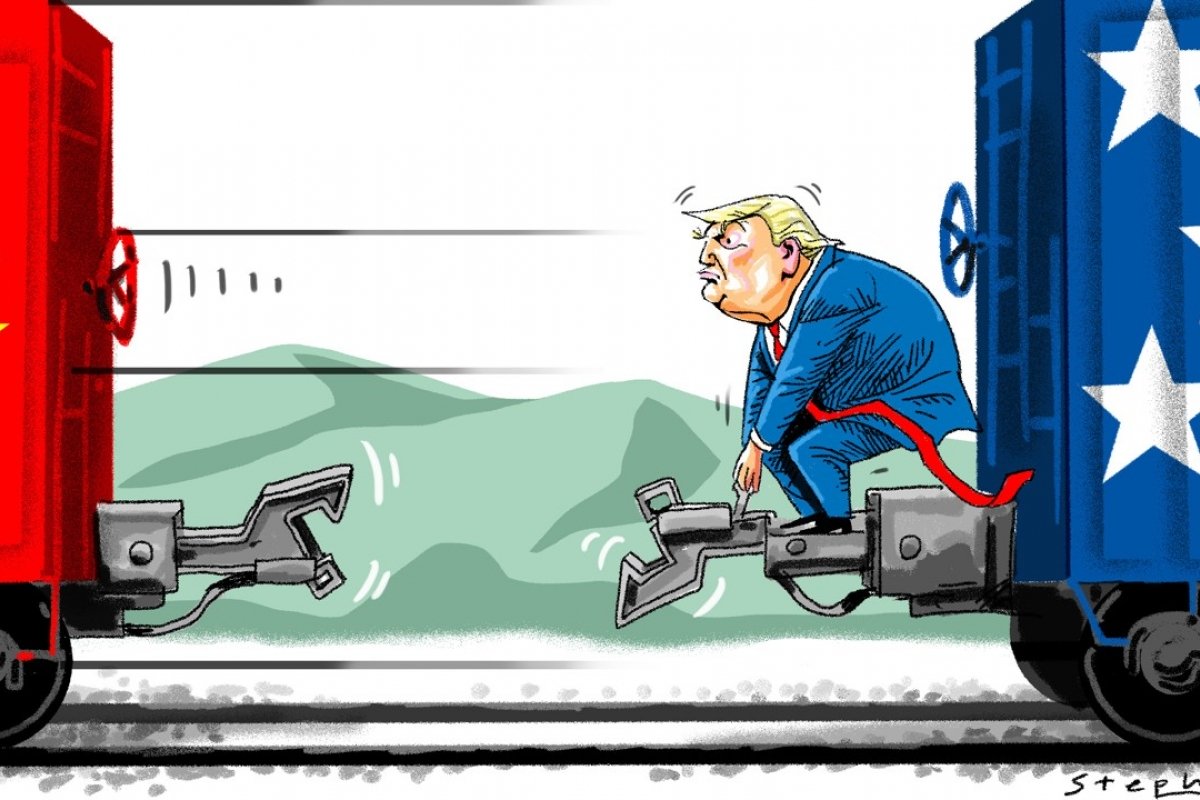
Wu Zurong, Research Fellow, China Foundation for Int'l Studies
Nov 20, 2019
A large-scale U.S. decoupling from China cannot succeed because the global landscape of trade is complex and unable to respond to sudden shock. Relations are destined to get better, despite temporary setbacks.
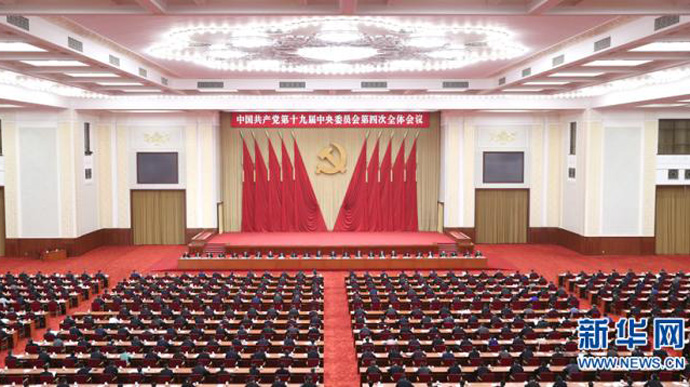
Xue Li, Senior Fellow, Chinese Academy of Social Sciences
Nov 20, 2019
China is focused on improving its national security and reducing long-term risks. Therefore, it’s likely to think about worst-case scenarios with respect to the U.S. and work to play a greater role in setting the agenda.

Jia Qingguo, Director and Professor, Institute for Global Cooperation and Understanding, Peking University
Nov 15, 2019
Decouple or not? That is the question in fraught China-U.S. trade tango.
Fu Ying, Founding Chair of Center for International Security and Strategy, Tsinghua University; China's former Vice Minister of Foreign Affairs
Nov 08, 2019
In the ideal scenario of “co-opetition,” China and the US should find a new model for interaction: maintaining necessary, mutually beneficial co-operation while managing unavoidable but benign competition.
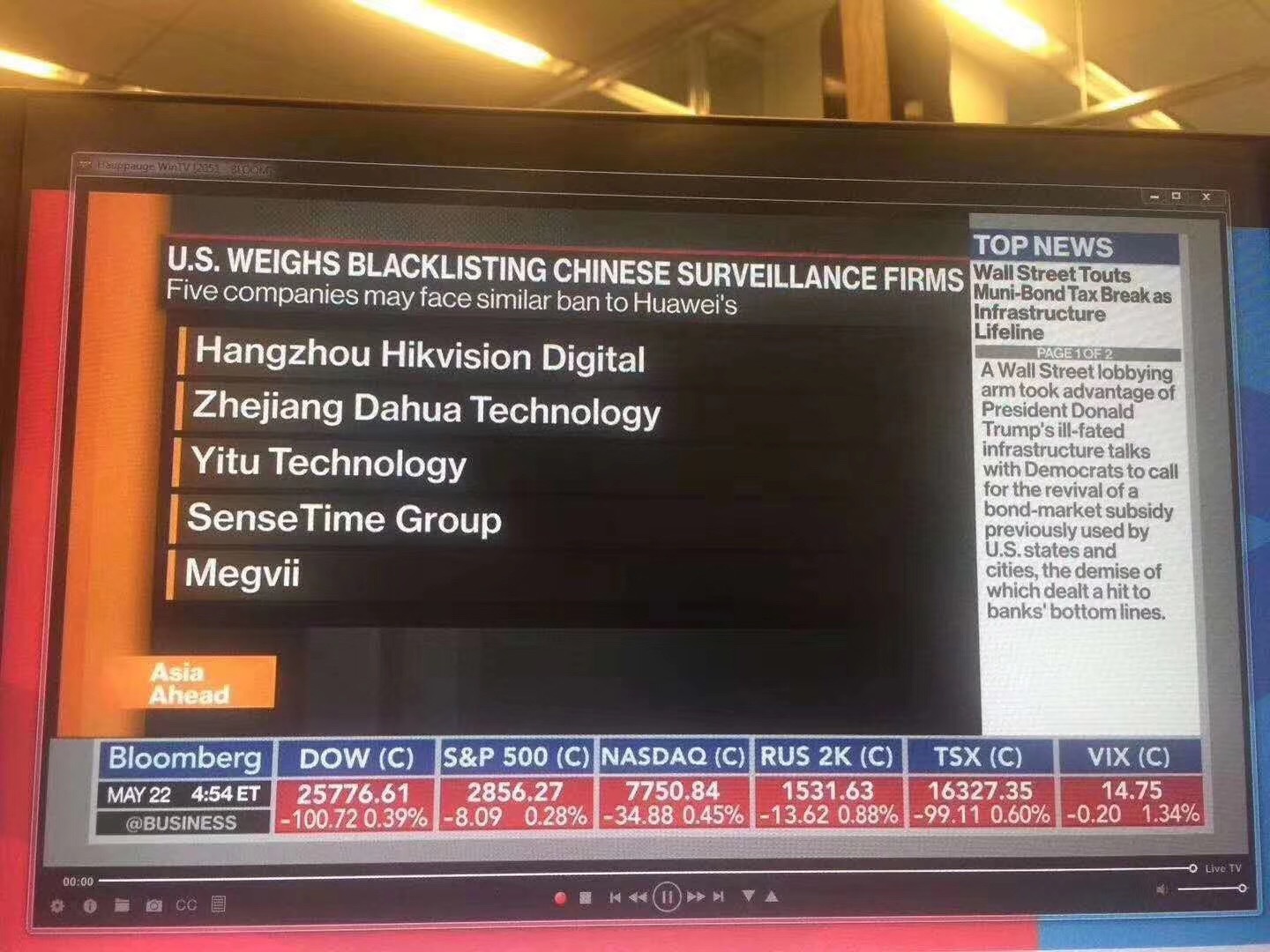
Sara Hsu, Visiting Scholar at Fudan University
Nov 06, 2019
The Trump administration is using its blacklist as a weapon against China in the trade war, which will ultimately harm both China and the United States.
Zheng Yu, Professor, Chinese Academy of Social Sciences
Nov 06, 2019
Signaling that it has less need for strategic cooperation with China on the world stage, the United States has rendered bilateral relations less resilient. And it’s hard to bridge the gap.
Back to Top

- China-US Focus builds trust and understanding between the U.S. and China through open dialogue among thought leaders.
- Our Offerings
- Topics
- Videos
- Podcasts
- Columnists
- Research Reports
- Focus Digest
- Stay Connected
-
Thanks for signing up!
- Get the latest stories from China-US Focus weekly.